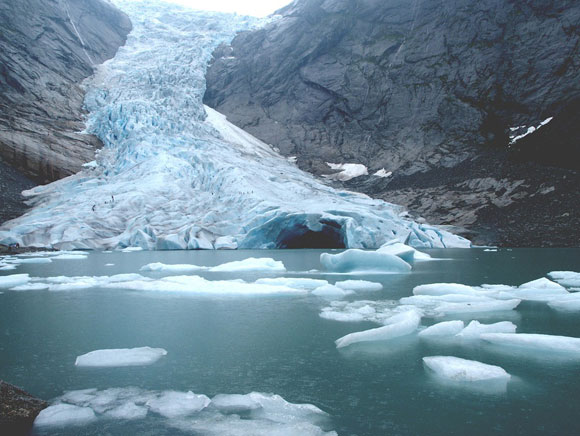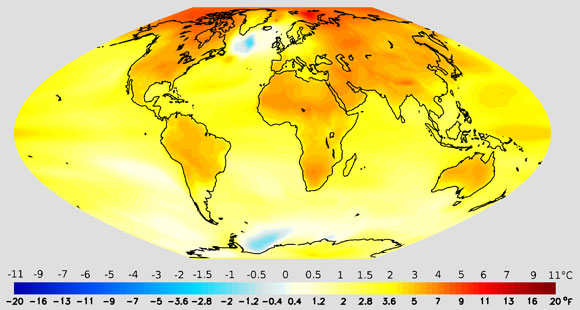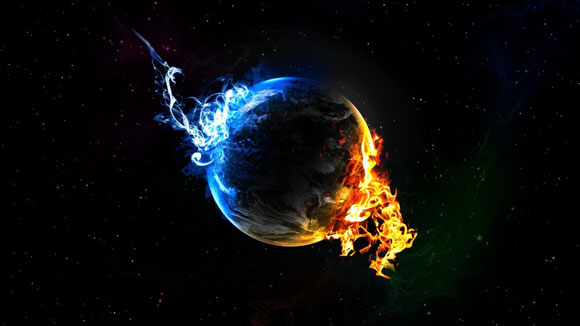May 18 2016.
views 377Climate change has made a huge impact in today’s world. With the glaciers melting in the North Pole and deforestation taking place around the world, it is quite evident that we have made space for a disastrous climatic change to take place. Over the last century, the Indian Ocean has been warming at a faster rate than other oceans in the world. The change of the temperature is between 0.7 0C to 1.2 0C, while the global mean change is put in to a 0.80C perspective. The Indian Ocean has warmed two to three times faster than the central tropical Pacific and this warming is partly because of the increase in greenhouse gases in the atmosphere.

Additionally the Indian Ocean is landlocked in the north, unlike the Pacific and Atlantic restricting the oceans’ circulation from spreading out heat to the poles. This would lead to temperamental monsoons and also affect the food web. Long days of drought with extreme rainfall that destroys the paddy field and deal to below the agriculture industry. The fishing industry too will take a hit because of the decline in the phytoplankton, which are microscopic plants that are the basic building blocks of the food web.
The change in the ocean temperature could result in fish migrating to cooler water that would result in their extinction. The warming of the Indian Ocean will take a fall on food security. Not just for Southeast Asia but the entire world.

Today one of the major industries which puts out the greenhouse effecting gases are the fossil fuel industry and the nuclear power plantation. The power production for the Southeast Asia area region is mostly produced by these two major industries. As we all know, the world has reached the top rungs of the technology which has created a new path that could produce electricity in an effective and efficient way. This would lead to the most successful ways of producing electricity which are windmill and solar power.
During the past few years catastrophic changes in the atmosphere has led to an increase in temperature and the time variation for monsoon changes mostly in the tropical countries. The time has risen for an energy transition that would impact the entire world and especially the Southeast Asian region. As you know the nature has changed and as citizens of the world, we have to adapt to its changes for the survival of human race.

By looking at the phenomena we can use light energy as a main raw material to implement the solar power plantation which would be the ideal way to produce electricity. There are many human lives affected by the cause and the future generation would also undergo such a situation that would lead to human extinction.
We cannot stop the climate change today but we can do our part to stop and start raising the voice against the fossil fuel industry and nuclear power plantation as youth. I believe that we are the first generation to feel the impact of climate change and the last generation that could do something to create one possible future.
By Saffran Mihnar, Climate Journalist, EarthLanka
0 Comments